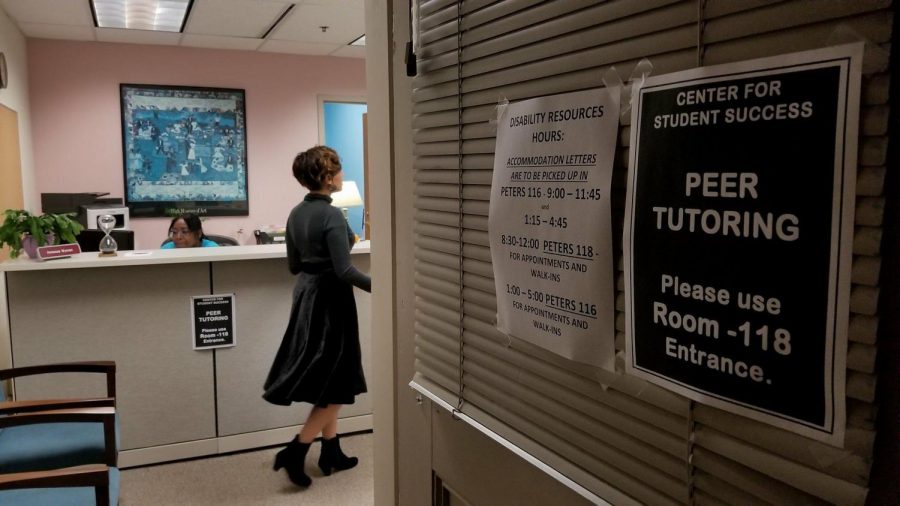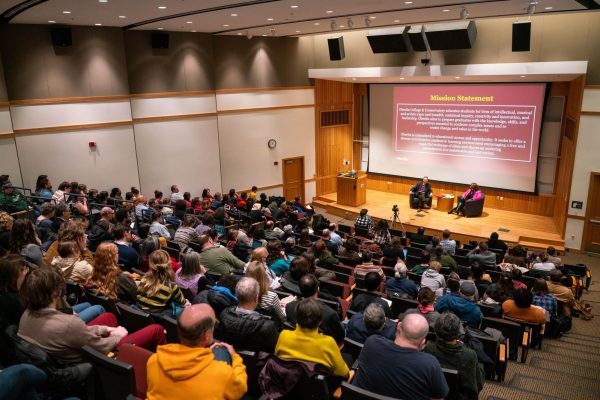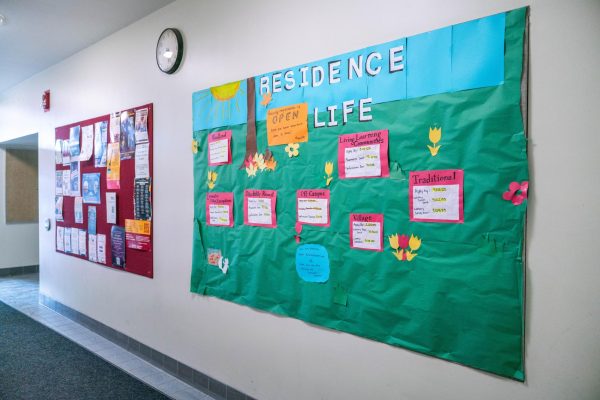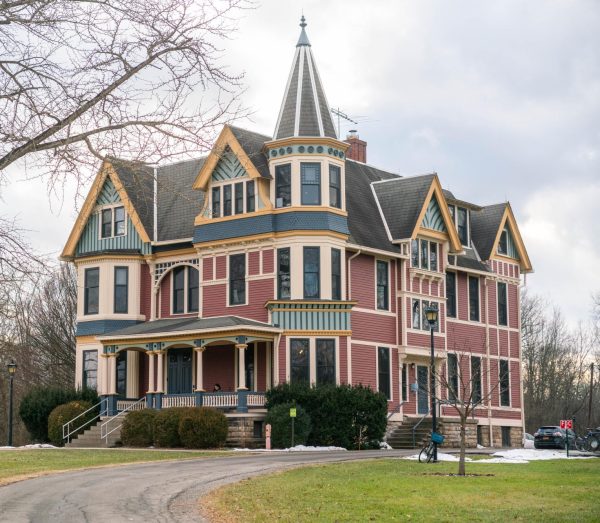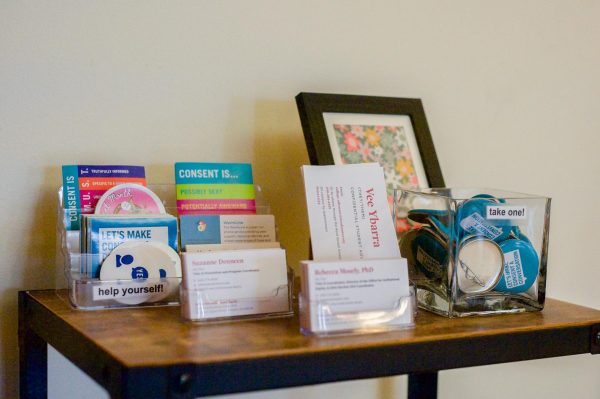Office of Disability Resources Prepares to Hire New Full-Time Director
Christian Bolles, Editor-in-Chief
The Office of Disability Resources’ new office in Peters Hall, part of the Center for Student Success. The ODR is currently under interim management as the College searches for a new director.
A number of disability-centered initiatives have arisen after a semester of dysfunction from the Office of Disability Resources, including the creation of a Disability Solidarity Theme Hall, a series of forums as the ODR searches for a permanent Director, and a proposed student organization meant to create a sense of community among disabled students on campus.
The Office of Disability Resources is in a period of adjustment as it copes with numerous staff changes, including the sudden October departure of former ODR Director Isabella Moreno. The office is also adjusting to being merged into the Center for Student Success, while simultaneously searching for a full-time director, which is set to be complete by the first week in April.
The Center for Student Success was created this year to reorganize staff members with overlapping roles in student life to provide students easy access to a range of academic support services.
“I can see why [the transition] might be jolting to students who are used to a particular framework in terms of which office does what,” said Toni Myers, assistant dean of students, director of the Multicultural Resource Center, and chair of the search committee for the new ODR Director. “But I can see why the centralized model makes perfect sense for Oberlin, because it provides an opportunity for students to engage in a range of services in case they might need any or all of them.”
Interim ODR Director Monique Burgdorf said the ODR provides the same services as it did when it was a separate office and continues to seek and implement improvements to student life.
“[Some changes include] trying to create more of a student community,” Burgdorf said. “… one thing that I’ve heard from students is that they could go downstairs and they felt like they could be part of a community. So, we’re trying to start an Executive Functioning Group to see if we can get some folks to come sit in a community and work on some things together.”
The office is also working to correct some issues that arose last semester, such as a delayed notetaking process and a back-log of appointments.
“This semester, [Disability resource Coordinator] Maria [Maclay] has worked so hard to streamline the notetaking process, and it has gone so much more smoothly than it did fall semester.”
Additionally Myers has been working to launch the Disability Solidarity Theme Hall, which was recently approved for next semester.
“The new disability-solidarity hall came out of conversations with two amazing students, and we have had conversations about what it means to place the work on the institution to provide a set of resources, and also to hold the agency of you, as a student, to create a community for yourself,” Myers said. “This hall is going to be a really cool place to have the conversation about disability as identity that maybe the office could learn, from students, how to facilitate.”
The ODR and the search committee for its new director are also holding a series of forums for students to voice their thoughts and opinions about what they hope to see in a new director; the next listening session will take place be in Wilder Hall Tuesday from 4:30-6 p.m. in rooms 112 and 115.
“The point of the student forum is that it should be for the committee to understand what the students want and need, what is important for the students, and a check-in for where we’re at with how the search is going, how we feel about the process, and how students feel about the process,” College senior Alison Cameron said.
Cameron added that the forum discussion will focus on the different ways the search committee will select a candidate, including what students want in an ODR director and how student involvement will be maintained in the search.
Myers said that intersectionality is an integral characteristic they want to see in director candidates.
“I think that now that [intersectionality] is a buzzword in higher education and in our culture, that it is not always fully considered — how queerness can impact a person’s disability or their relationship to it, how class can impact their relationship to it, how race can impact their relationship to it,” Myers said. “I think that person also needs to be really adept at understanding disability as identity, and I think that’s what we’re seeing at Oberlin, as opposed to disability as simply a way to receive a set of specific services.”
A consulting firm hired by the College is currently recruiting candidates. Myers said students can expect to see the final round of candidates on campus for interviews before spring break. Myers does not anticipate that the financial deficit will impede the College’s ability to hire a suitable candidate.


